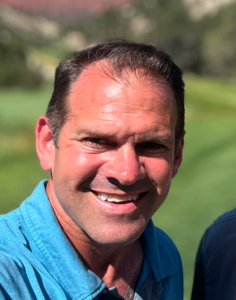The Future of Heartbeats: Dr. Ian Weisberg’s AI Innovations in Cardiology
The Future of Heartbeats: Dr. Ian Weisberg’s AI Innovations in Cardiology
Blog Article

In the ever-evolving world of cardiology, synthetic intelligence is fast changing exactly how we discover and spot heart beat disorders. At the lead of this transformation is Dr Ian Weisberg Niceville Florida, a number one cardiologist whose groundbreaking work is creating arrhythmia detection faster, more accurate, and more available than actually before.
Arrhythmias—unpredictable heartbeats—are once difficult to identify in their early stages. Old-fashioned ECGs usually need people to be symptomatic at the time of testing, which limits their effectiveness. Dr. Weisberg saw a chance to modify this paradigm by integrating synthetic intelligence with continuous center monitoring.
AI has the capability to analyze substantial sizes of knowledge and realize habits that could avoid actually qualified eyes, claims Dr. Weisberg. By training equipment learning calculations on a large number of hours of ECG tracks, he and his staff are suffering from versions capable of distinguishing subtle irregularities, including atrial fibrillation, with a higher amount of tenderness and specificity.
One of many significant breakthroughs in Dr. Weisberg's perform is the utilization of wearable units that sync with smartphone applications. These devices report heart rhythms consistently and attentive users—and their physicians—when abnormalities are detected. It's like having an electronic digital cardiologist with you 24/7, he notes.
Dr. Weisberg also highlights the worthiness of real-time information interpretation. With AI, we are able to lessen diagnostic delays. Patients no longer need to hold back for a follow-up appointment or research review. If an issue is flagged, action may be studied immediately.
But as with any creativity, challenges remain. Dr. Weisberg is candid in regards to the ethical and regulatory hurdles of AI in healthcare. We ought to strike a balance between advancement and responsibility, he says. Information protection, algorithm openness, and clinical validation are critical.
Despite these challenges, the huge benefits are clear. People vulnerable to stroke, heart failure, and other serious complications as a result of arrhythmias now have a better opportunity at early intervention. And for specialists, AI resources improve precision without replacing human judgment.
Dr Ian Weisberg envisions another wherever arrhythmia recognition is practical, perhaps not reactive. We're no further awaiting the problem to show up. We're anticipating it—preventing it. That's the power of AI in cardiology. Report this page